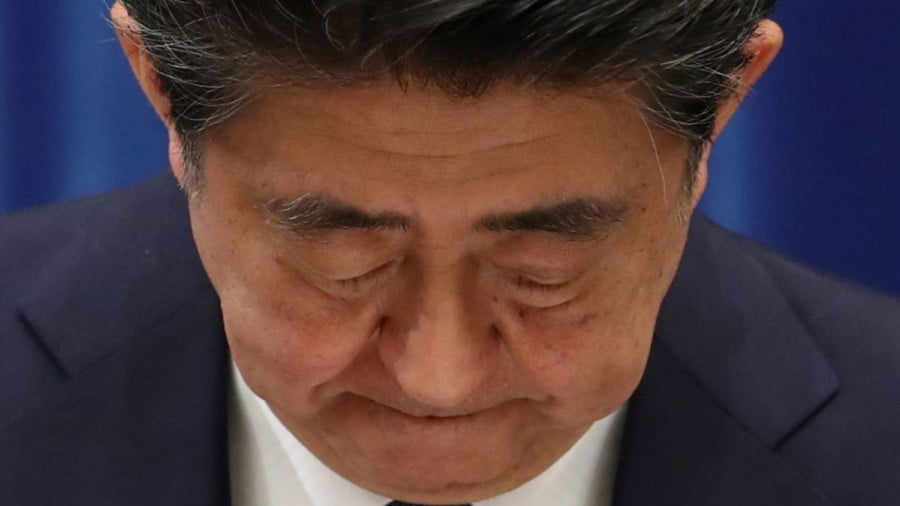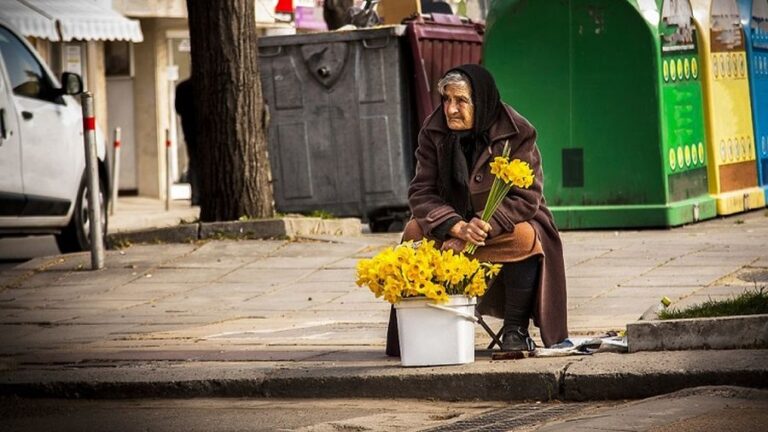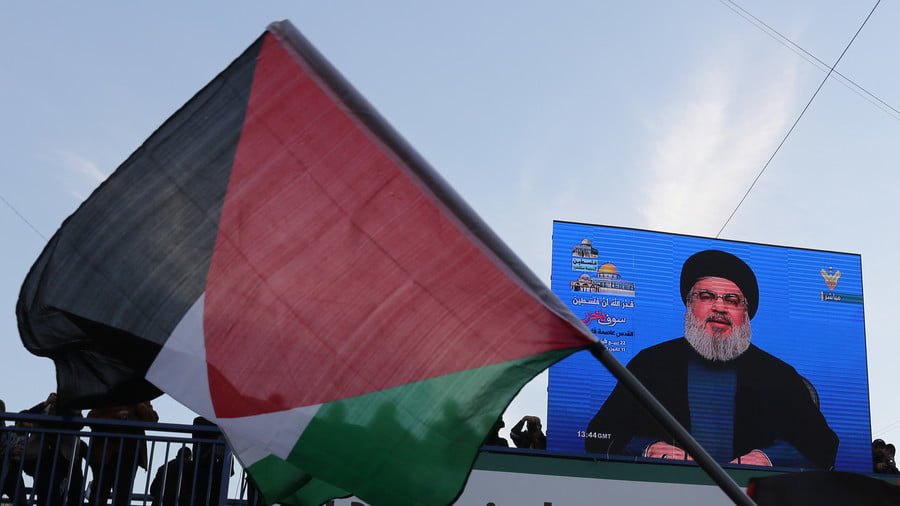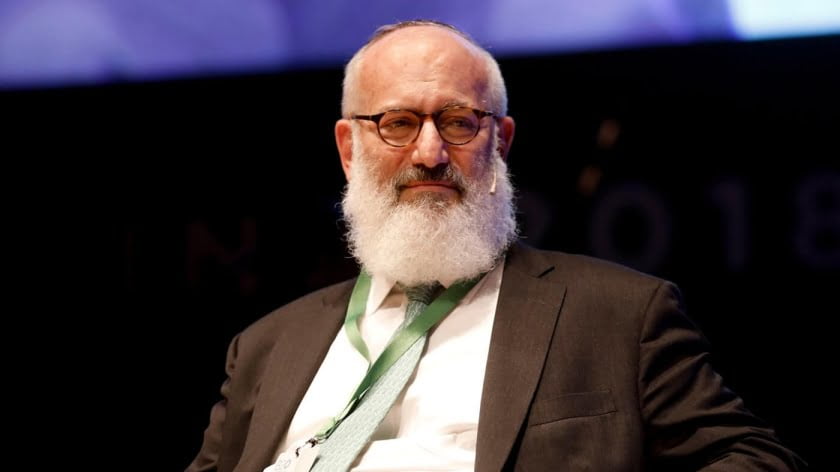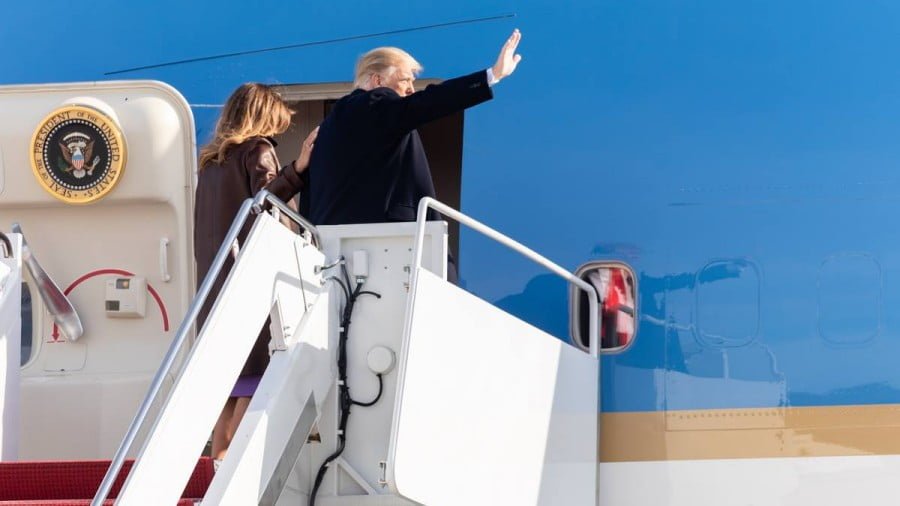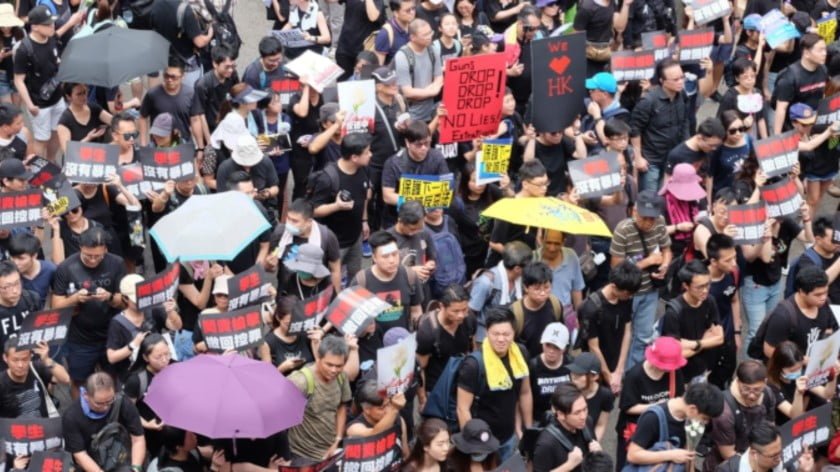End of an Abe Era for Japan
Japan’s longest-serving Prime Minister, Shinzo Abe, 65, announced his resignation on Friday.
Citing ill health, he told a press conference in Tokyo that as he “cannot make any mistake in terms of important decision making,” he was not “ready to respond to the mandate by the public.”
Due to this, “I made a judgment I should not continue my job as prime minister,” Abe said.
Stating that he had “pulled out all stops for my job as prime minister,” Abe said he now needed “to fight against the disease and be treated,” as he was “not in a perfect state, in terms of health conditions.”
Abe suffers from a chronic health condition, ulcerative colitis, that ended his first term as prime minister in 2007. He told the briefing that his illness had re-emerged in June and he was undertaking a new course of drug treatments.
His resignation ends seven years and eight months in his second term in office.
Given recent health concerns, and the fall in Abe’s popularity ratings to the 34% level amid the Covid crisis, there had been rumors of a resignation this year, although his term officially ends in September 2021.
Corruption scandals have also been hanging over Abe’s head, which some suggest may have been a factor in him stepping down.
Even so, the timing of the announcement, made via a press conference on Friday afternoon, was a surprise. The Nikkei dropped 2.6% on related uncertainties.
The next general election is slated for September 2021, which means the ruling party in the Diet – Abe’s Liberal Democratic Party – effectively decides the new prime minister. One question is whether the vote will be limited to parliamentarians or all qualified members of the LDP.
“The LDP pretty much changes its rule each time” there is an election for the party leadership, Professor of Japanese Politics Koichi Nakano of Sophia University told Asia Times. “In principle, however, they will most certainly have some sort of election.”
That could be limited to LDP parliamentarians, Nakano said, but is likely to be extended to all rank-and-file, in order to draw attention and boost the popularity of the new leader, Nakano said.
What is indisputable is that the new prime minister will hail from the LDP.
“When Abe resigns, a vote takes place in both houses of the Diet, and the LDP and [its coalition partner party] Komeito have a majority in both, so the new president of the LDP will be elected prime minister, and proceeds to immediately form his cabinet.”
The party is expected to choose its new leader next week. Cabinet Secretary Yoshide Suga is expected to be interim head until then. Abe did not point to a successor, but the LDP fields a reasonably wide field of contenders – albeit, all males.
Yoshihide Suga, 71, Abe’s cabinet secretary and number two since 2012, is the likeliest bet. Though a ruthless enforcer of Abe’s will and shadow Shogun, he may have been infected by Abe’s waning popularity.
He was also a key voice in the “Go To Travel” domestic tourism campaign which has been seen as spreading Covid-19 nationwide. Abrasive and abrupt, his popularity beyond the LDP is limited.
Fumio Kishida, 63, a former foreign minister and ex-banker, is Suga’s diametric opposite. Also close to Abe, the bespectacled intellectual is notably eloquent, with a meek manner, and some believe he would permit Abe to rule from the shadows.
However, Kishida, the brains behind a Seoul-Tokyo deal to end the “comfort women” controversy, lacks charisma and is unpopular within the LDP.
Minister of Defense Taro Kono, 57, is young, smart and increasingly popular with the public. A Georgetown graduate, he speaks English fluently. A staunch nationalist, he is vocal about standing up to China.
He is also known for being decisive. He was instrumental in canceling the Aegis Ashore ballistic missile defense shield. He is also a critic of Japan’s nuclear energy policy and could launch a rethink of how Japan powers itself.
Former Defense Minister Shigeru Ishiba, 63, is one of the few LDP members to challenge Abe. For that, he suffered retaliation and political snubbing.
He is wildly popular outside of the LDP and has strong support regionally. In opinion polls, he is highly favored to be prime minister. However, due to its power of numbers, the LDP is often indifferent to popular opinion.
Finance Minister Taro Aso, 79, a former prime minister, has been inside Abe’s inner circle from the start. However, due to his advanced age and penchant for gaffes – he infamously said that Japan should institute constitutional change by taking a hint from the Nazi playbook – even the party’s old hands are probably against him returning to the premiership.
Much depends on whether only parliamentarians are given the vote or whether the entire party gets to choose the new leader. If the former, Suga looks the likeliest bet. If the latter, Ishiba could emerge as Japan’s new leader.
Abe’s political legacy is substantial. After working as cabinet secretary to Prime Minister Junichiro Koizumi, he became prime minister in 2006 but crashed and burned and resigned – officially due to ulcerative colitis – in 2007.
He was older, wiser and better advised when he started his second term at the helm in December 2012. In that term, which ended on Friday, he served the longest premiership in Japanese history.
In many ways, Abe has overseen a success story. Economically, his inflationary “Abenomics” overcame Japan’s “lost decade” of the 1990s, and socially, as Asia Times recently noted in a review of an Abe biography, the country boasts low unemployment, equal distribution of income, fine infrastructure, minimal public disorder, a low crime rate and low Covid-19 death rates.
Even so, his legacy is mixed. In neighboring countries, he is widely seen as a raging nationalist for his claimed historical revisionism and his moves to empower Japan’s military. However, in terms of trade and tourism, many of his actions in office have been those of an internationalist.
He was widely praised for early “Abenomics,” but while its loose monetary and expansionary fiscal policies beat back the deflation that had plagued Japan, it’s “third arrow” – corporate reform – never rose from the deck.
He won hosting rights to the Tokyo 2020 Summer Olympics to local acclaim, only to see the multi-billion dollar dream crash amid the pandemic.
Politically, Abe appears to have maintained a balance within the ruling Liberal Democratic Party between its center-right and hard-right elements, and as a result, a true hard-right party has not appeared on Japan’s political scene.
There have also been clear failures. Abe talked about “creating a Japan where women can shine,” but according to the World Economic Forum’s annual gender equality ranking, last year Japan placed 121st out of the 153 countries, the worst among G7 economies.
Abe has also leaned on media. National broadcaster NHK has been ridiculed as “Abe TV” and Japan’s Freedom Of Press ranking, 22 when he took office, is now 66th.
And when it comes to Japan’s biggest national challenge – its ongoing demographic decline – he proved incapable of reversing it.
Abe’s grandfather and a strong personal influence was war criminal Nobuskue Kishi, who was rehabilitated by the US and then became Japan’s prime minister.
Many in China and the Koreas, countries which suffered from Japan’s militarism and imperialism in the first half of the 20th century, consider Abe his grandfather’s grandson, a dangerous nationalist.
However, he has declined to visit the controversial Yasukuni Shrine since 2013, although his cabinet members, in a sop to Japan’s hard right, have done so.
Abe’s oft-stated hopes of rewriting article 9 of Japan’s constitution – a Herculean task – enabling a wider, more expeditionary role for Japan’s Self Defense Forces, came to naught.
Even so, during his term, he quietly oversaw the expansion and empowerment of Japan’s military. Notably, the Maritime Self Defense Force took on a far more expeditionary look under his oversight, standing up a marine brigade and green-lighting the conversion of two existing warships into F-35-armed aircraft carriers.
He has sought to solve the long-standing “comfort woman” rift with Seoul. In 2015, he won an agreement to end the issue, on a government-to-government basis, with South Korea’s Park Geun-hye, like Abe, a conservative.
As part of the deal, Abe put his name, officially, to a wide-ranging mea culpa and apology and sent compensation to surviving comfort women. However, the deal was de facto abrogated by the liberal Moon Jae-in administration which succeeded Park’s government in 2017.
Seoul-Tokyo relations plummeted further after a Seoul court seized the assets of Japanese firms as compensation for wartime forced laborers. Tokyo maintained that a 1965 diplomatic normalization treaty, which sent hundreds of millions of dollars of compensation to Seoul, had solved the issue.
Subsequently, in 2019, Tokyo restricted trade terms with South Korea, and South Korea responded in kind.
While he has a solid personal relationship with Chinese President Xi Jinping, Japan continues to be wary of the giant neighbor. Abe’s government has offered modest sums for Japanese firms to relocate away from the country.
Beyond his immediate neighborhood, Abe boasts substantial internationalist credibility.
Japan had, for decades, been mercantilist, but Abe was a globalist. He championed the multi-lateral Trans-Pacific Partnership after US President Donald Trump pulled out in 2016, signed a free trade deal with the EU in 2018 and was on the verge of another with the UK.
Moreover, he prized open the Japanese economy to foreign labor to a greater degree than any former Japanese premier. He also prioritized domestic tourism, massively increasing overseas visitor arrivals, notably from China and South Korea.
Strategically, he has upgraded defense cooperation with like-minded democracies.
He has tied Japan tightly to Japan’s leading ally, the United States and expended extensive political capital by cozying up to Donald Trump, who has not repaid in kind.
Trump has demanded a bilateral FTA and is demanding a five-fold increase in Tokyo’s cost-sharing burden for Japan-deployed US troops. Perhaps due to Trumpian wobbles, Abe has also looked further afield for friends.
A strategic agreement with the EU was signed alongside the 2018 bilateral trade agreement, and under Abe, Tokyo has deployed Japanese servicemen to conduct overseas and high-seas drills with Australian, British, Indian and Philippine, as well as US, units.
Abe was an early proponent of an “Indo-Pacific” strategy and Japan is a core member of the informal “Quad” of Australia, India, Japan and the US. Latterly, Toyko has been seeking upgraded links – or membership in – the “Five Eyes” intelligence-sharing network.
Abe oversaw a highly successful Rugby World Cup in 2019, but his multi-billion dollar 2020 Summer Olympic dreams were shattered when Covid-19 forced their postponement until 2021.
On the personal front, Abe has a knack of winning good relations with world leaders, and not only those of allies. He is believed to have forged amicable ties with the leaders of China, Iran and Russia.
While Abe cited ill health as the reason for his departure, corruption and his government’s response to Covid-19 also loom large in the background.
It is common in Japan for high-ranking officials to resign and “take social punishment” to avoid actual indictments, and Abe is plagued by scandals. Last year, Abe was suspected of involvement in the alleged illegal use of public funds to host a cherry-blossom viewing party for associates and allies.
Then, in January, Abe attempted to install a crony as prosecutor general in a move that would have shielded him from the allegations. That failed after a massive social media outcry.
Then in May, 600 lawyers submitted charges to the prosecution, accusing Abe of misusing public funds. The charges, which relate to the cherry-blossom party, are being investigated.
Separately, in July 2019, two Abe allies were arraigned on suspicion of handing out bundles of cash to politicians and supporters in Hiroshima, allegedly in return for their efforts to secure votes in the Upper House elections that year.
Their trial opened this week, on the day Abe was in hospital for a check-up.
Covid has been a particular blow to Abe. At first glance, Japan – which, with a population of 126 million, has suffered just 66,668 Covid-19 cases and 1,226 deaths – would appear to have handled the pandemic deftly.
According to Worldometer, it is the 45th nation in terms of infections, despite its hefty populace, which is the world’s oldest and therefore the most vulnerable.
However, the national strategy, with minimalist testing and “lockdown lite,” has been hard to understand and Abe’s promotion of an ill-timed “Go To Travel” domestic tourism campaign bombed.
His hands-off Covid strategy also contrasted unfavorably with the more active and prudent strategy pushed by popular Tokyo Governor Yuriko Koike, who some see as a future national leader.
Koike, an Abe ally turned enemy, looks unlikely to benefit from his exit. To win the Tokyo governorship, she deserted the LDP and looks unlikely to re-enter before the party votes on its next leader next week.
As for Abe’s own future, indications are that he will remain engaged in political activity as a parliamentarian.

